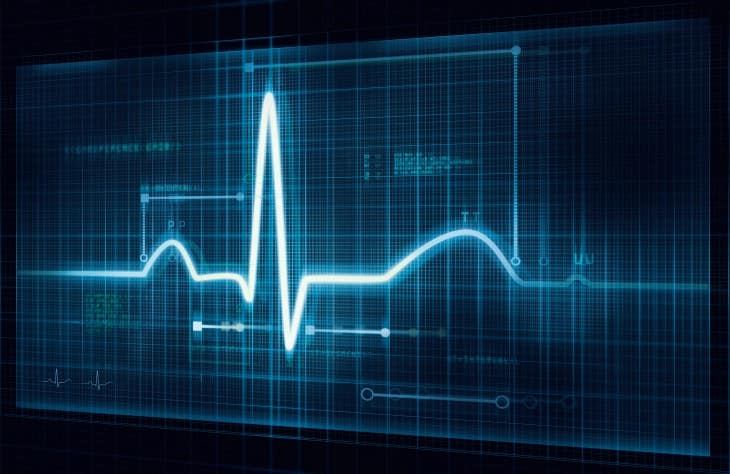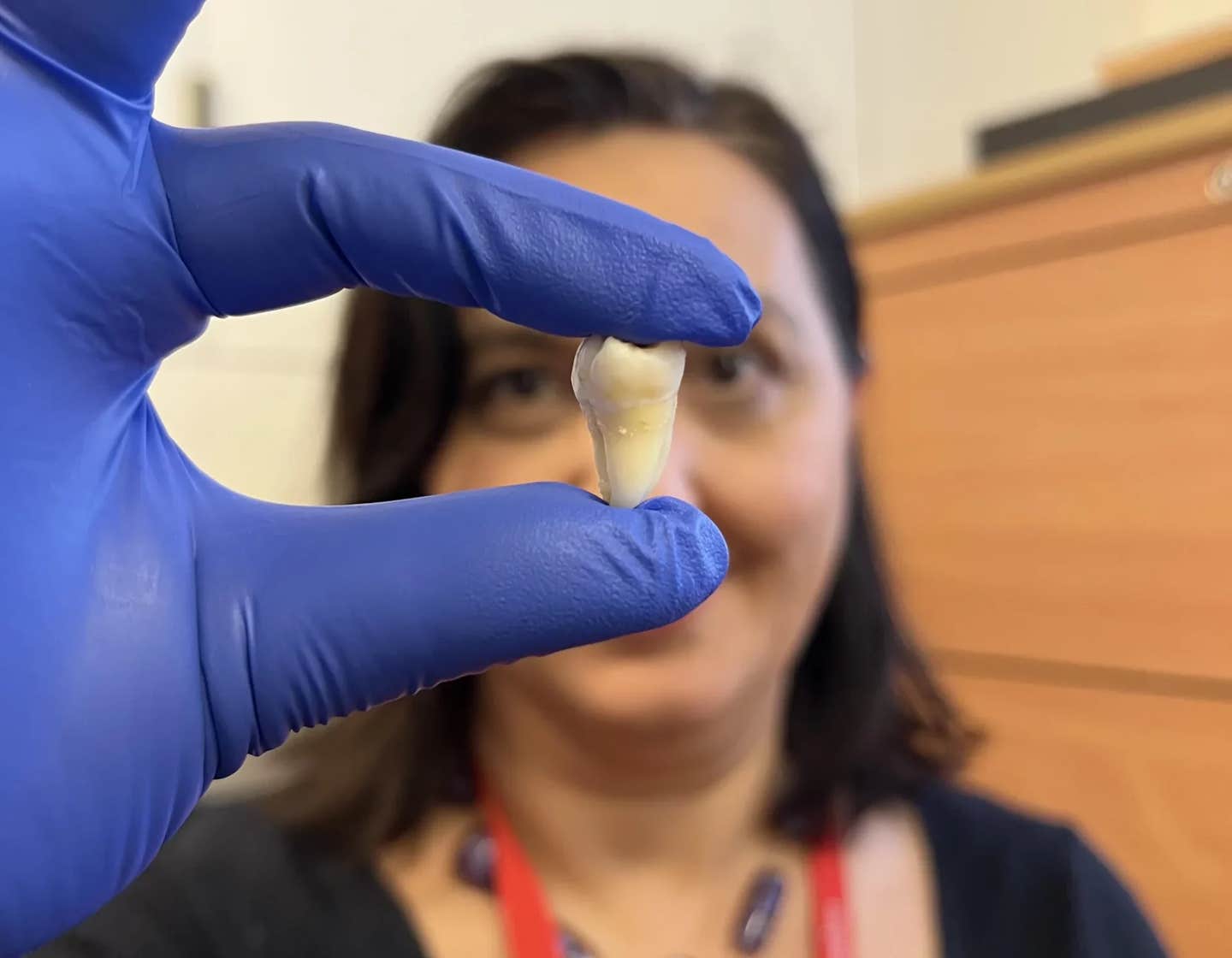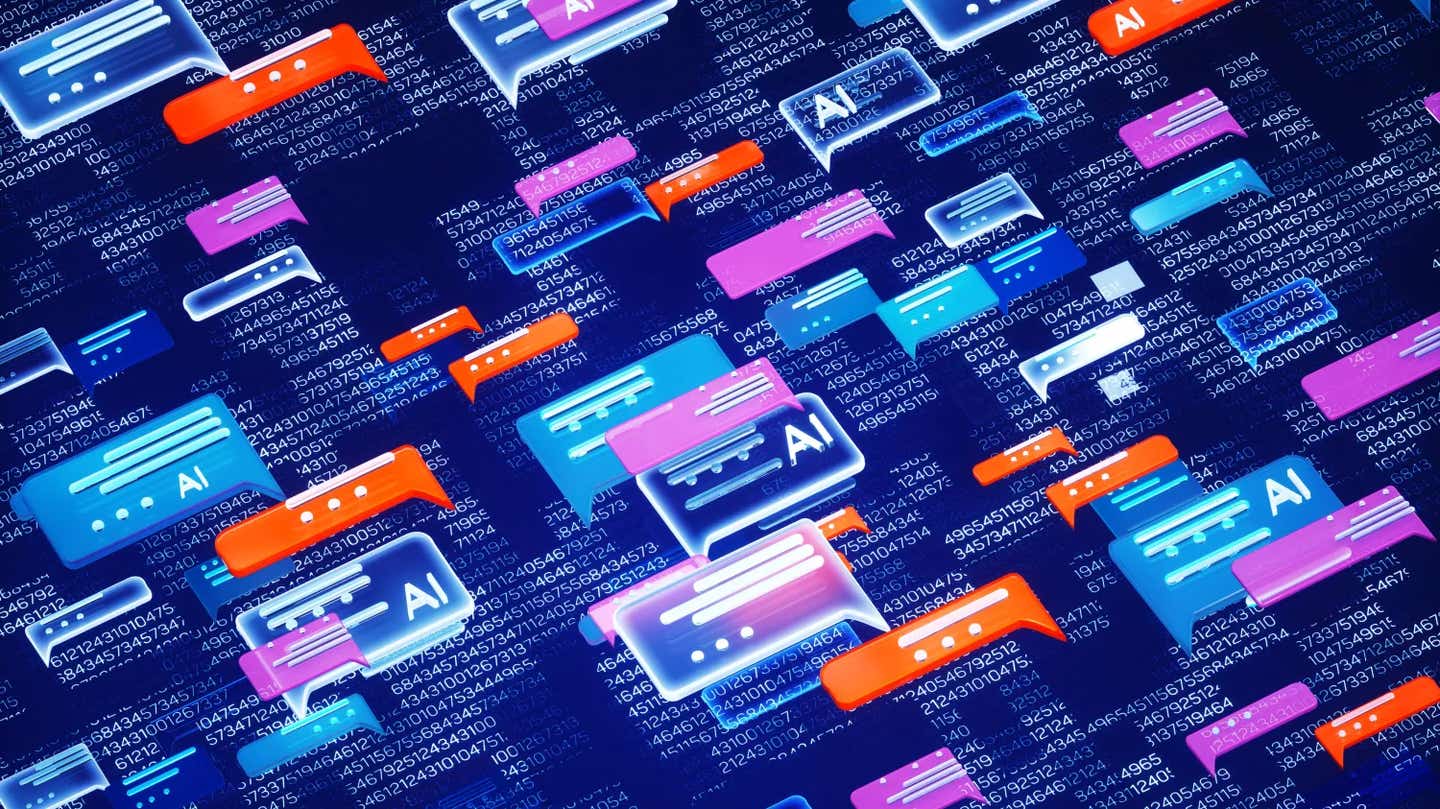Artificial Intelligence can predict risk of death with 85% accuracy
From improving medical diagnoses to finding cures for diseases, AI is revolutionizing the way healthcare professionals approach their work.

[May 1, 2023: JD Shavit, The Brighter Side of News]
One exciting example of AI in healthcare is its application to electrocardiograms (ECGs), which are used to monitor and diagnose heart health. (CREDIT: Creative Commons)
Artificial intelligence (AI) is making inroads in the healthcare industry in various ways. From improving medical diagnoses to finding new cures for diseases, AI is revolutionizing the way healthcare professionals approach their work.
One exciting example of AI in healthcare is its application to electrocardiograms (ECGs), which are used to monitor and diagnose heart health. Researchers in northern Alberta, Canada, are utilizing AI to glean more information from ECGs and improve patient care and the healthcare system as a whole.
ECGs are a standard test in hospitals, used to check the rhythm and electrical activity of the heart. Hospital staff usually read the results, but researchers are now using AI to analyze the data and identify patients who are at a higher risk for mortality.
The research team built and trained machine learning programs based on 1.6 million ECGs taken on 244,077 patients in northern Alberta between 2007 and 2020. The algorithm predicted the risk of death from that point for each patient from all causes within one month, one year and five years with an 85 percent accuracy rate.
Related Stories
It sorted patients into five categories from lowest to highest risk, with even more accuracy when demographic information (age and sex) and six standard laboratory blood test results (creatinine, kidney function, sodium, troponin, hemoglobin and potassium) were included.
This study is a proof-of-concept for using routinely collected data to improve individual care and allow the healthcare system to learn as it goes. The researchers concluded that machine learning models can be employed to convert data collected routinely in clinical practice to knowledge that can be used to augment decision-making at the point of care as part of a learning healthcare system.
The principal investigator of the study, Padma Kaul, Professor of Medicine and co-director of the Canadian VIGOUR Centre, explains that they wanted to know whether they could use new AI and machine learning methods to analyze the data and identify patients who are at higher risk for mortality.
(From left) Padma Kaul with research team members Sunil Kalmady Vasu, Nariman Sepehrvand and Weidie Sun. The team developed a machine learning program that can accurately predict a patient’s risk of death within a month, a year and five years based on results from routine hospital tests. (CREDIT: University of Calgary)
In the first phase of the study, ECG results in all patients were examined, but Kaul and her team hope to refine these models for particular subgroups of patients. They also plan to focus the predictions beyond all-cause mortality to look specifically at heart-related causes of death.
Kaul says Alberta is in a good position to analyze population-level data because so much is collected and archived within the publicly funded healthcare system. According to Kaul, there is a big push to see how AI can improve the delivery of healthcare, and for Albertans, this is really a demonstration of their data at work.
Comparison of AUROC model performances for DL and XGB models with ECG traces and measurements. (CREDIT: NPJ Digital Medicine)
The advantage of using high-powered computing is that, unlike humans, it can see the patterns in a multitude of data points at once. Kaul says they want to take data generated by the healthcare system, convert it into knowledge, and feed it back into the system so that they can improve care and outcomes. That’s the definition of a learning healthcare system.
ECGs are usually ordered if a patient has high blood pressure or symptoms of heart disease, such as chest pain, shortness of breath, or an irregular heartbeat. With AI, healthcare professionals will be able to identify patients who are at a higher risk for mortality and take preventative measures to reduce that risk.
Model performances in diagnostic and sex-based subpopulations. (CREDIT: NPJ Digital Medicine)
Furthermore, AI will allow for better use of healthcare resources by identifying those who are at the highest risk of mortality and need immediate attention.
The study conducted by Kaul and her team is just the beginning of the use of AI in ECG analysis.
As AI technology continues to develop and improve, the possibilities for its use in healthcare are endless. AI will allow healthcare professionals to provide more personalized care to patients, leading to better health outcomes and a more efficient healthcare system.
For more science and technology stories check out our New Discoveries section at The Brighter Side of News.
Note: Materials provided above by The Brighter Side of News. Content may be edited for style and length.
Like these kind of feel good stories? Get the Brighter Side of News' newsletter.
Joseph Shavit
Head Science News Writer | Communicating Innovation & Discovery
Based in Los Angeles, Joseph Shavit is an accomplished science journalist, head science news writer and co-founder at The Brighter Side of News, where he translates cutting-edge discoveries into compelling stories for a broad audience. With a strong background spanning science, business, product management, media leadership, and entrepreneurship, Joseph brings a unique perspective to science communication. His expertise allows him to uncover the intersection of technological advancements and market potential, shedding light on how groundbreaking research evolves into transformative products and industries.



